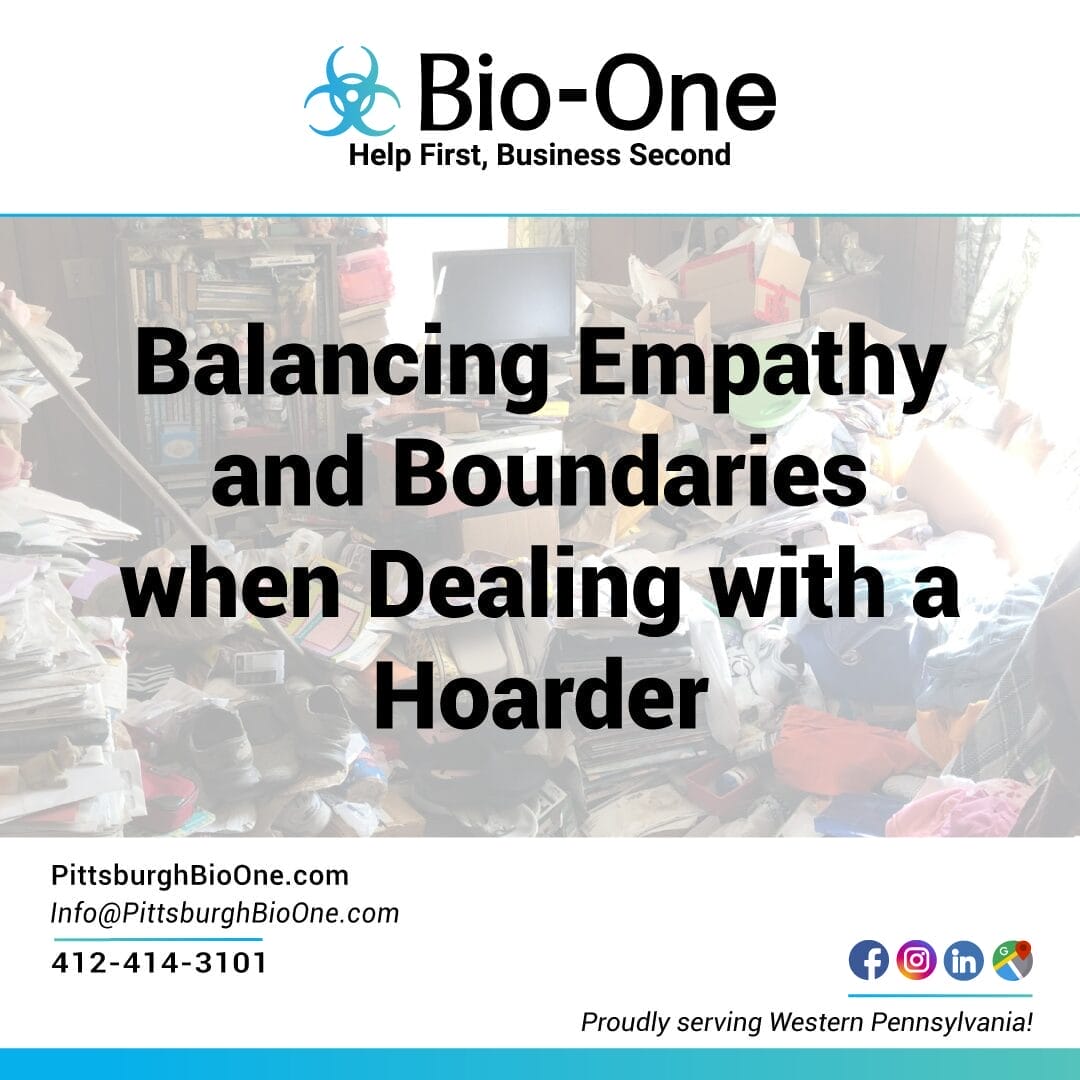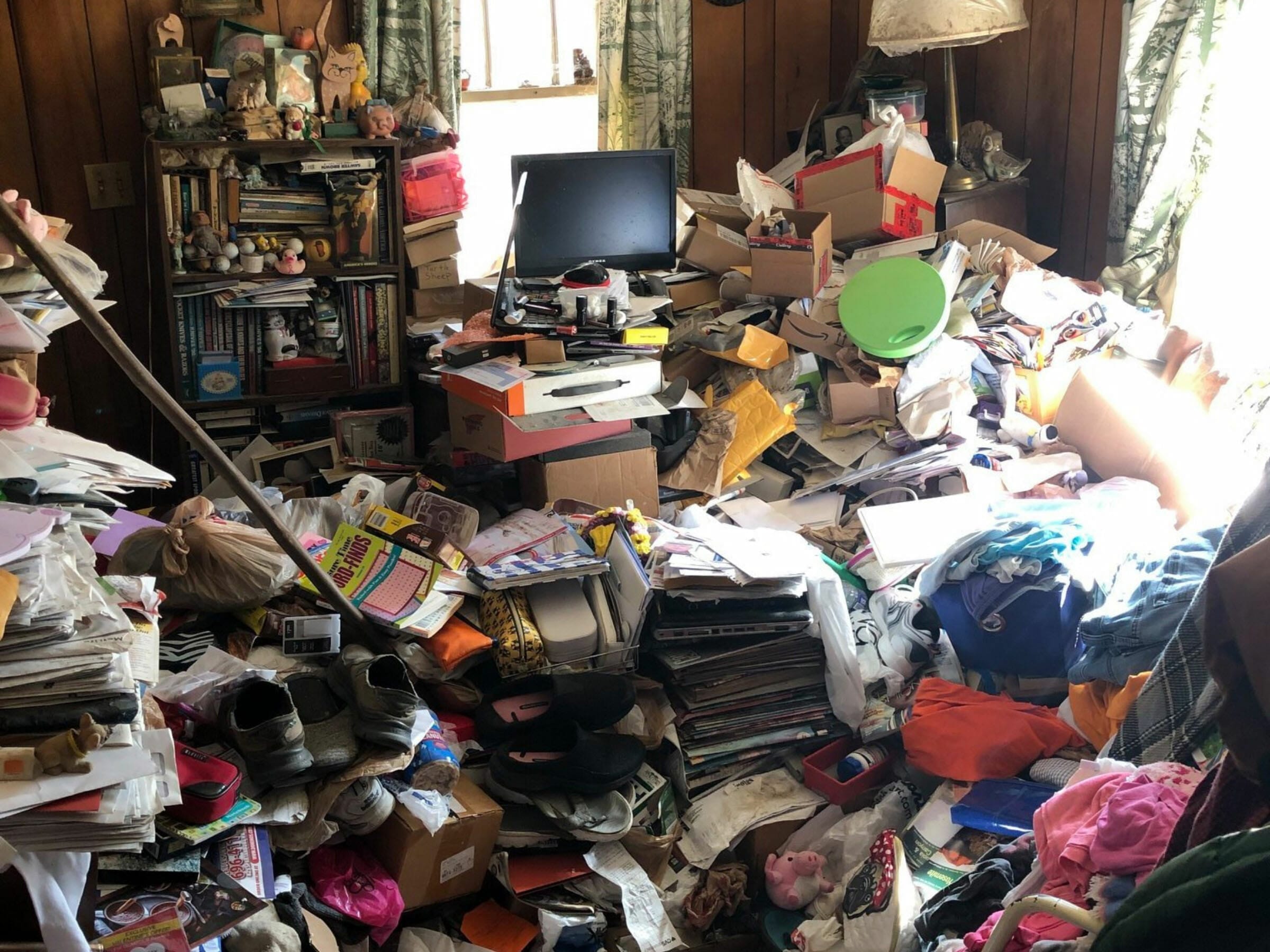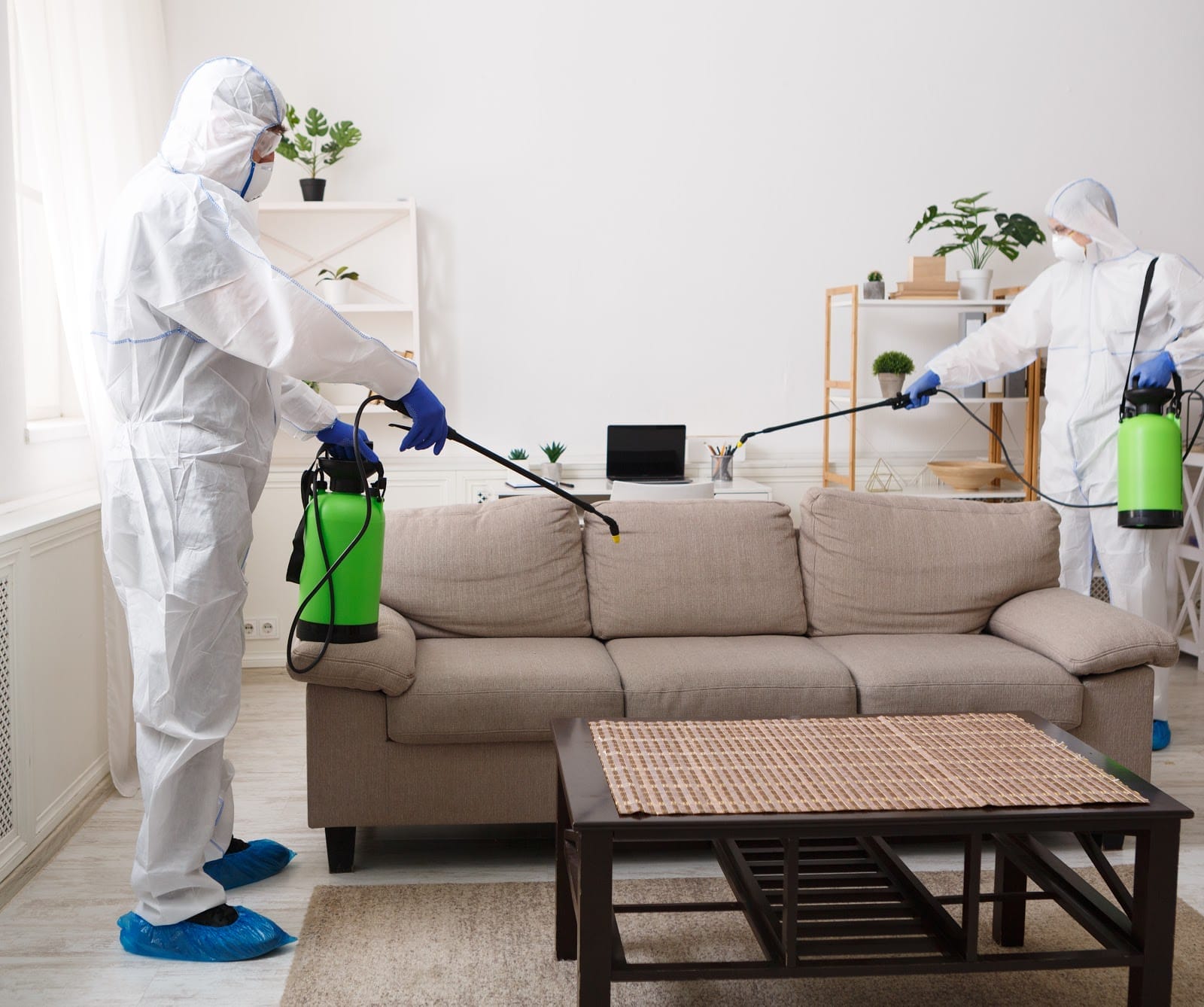
Dealing with a hoarder can be a challenging experience for anyone involved. Hoarding is a complex disorder that is often misunderstood, and it can be hard to approach loved ones about their hoarding habits. There are many ups and downs throughout the process, and it can be impossible to know the best approach for success. That's what we're here to do. In this blog post, we'll explore the challenges that come with dealing with a hoarder.
We'll discuss the importance of empathy and boundaries and how to find the balance that works for you. So, let's dive in!
Understanding Hoarding and the Reasons Behind It
One of the key components of dealing with a hoarder is understanding the disorder. Hoarding disorder is a mental illness characterized by the excessive acquisition of items, regardless of their value, and the inability to discard them. People with hoarding tendencies often feel emotionally attached to their possessions. It is vital to approach hoarding with an empathetic and understanding attitude, as hoarders may not be aware of the extent of their condition.
Setting Boundaries When Dealing with a Hoarder
Helping someone with hoarding requires setting boundaries that protect both you and the hoarder. These boundaries need to be well-defined and communicated upfront. You must be honest about what you can and cannot do. For instance:
- You can offer emotional support, but you cannot enable the hoarding behavior.
- You can assist with organizing and decluttering, but you cannot force the hoarder to get rid of their possessions.
- You can encourage them to seek professional help, but you cannot force them to go to therapy or take medication.
- You can set limits on the amount of time and energy you are willing to dedicate to helping them.
These boundaries may be difficult to set up and maintain, but they are essential for the safety and well-being of everyone involved.

Approaching the Situation with Empathy
Hoarding stems from deep psychological issues, so you have to remember that it's not the hoarder’s fault. They are not intentionally creating chaos or trying to hurt anyone. Your empathy can help them feel more comfortable to reach out for help. When dealing with a hoarder, try a non-judgmental and non-confrontational approach. It will be easier for them to accept your help if they feel that you genuinely care about their well-being.
Enlisting Professional Help
Dealing with a hoarder can be a challenging process, and it may not be something that you can manage alone. Enlisting the help of a professional is often necessary. Professional help may include a professional organizer, hoarding therapist, or hoarding cleanup company. These professionals have experience in dealing with hoarding disorders and can provide essential guidance and support.

Always Celebrate Progress Along the Way
The process of overcoming hoarding can often be filled with many setbacks. But it's important to remember that progress can be made, no matter how small! Celebrate every milestone along the way, such as discarding the first pile of clutter or organizing the kitchen counter. Small wins can help the hoarder stay motivated and could help them get a step closer to overcoming the condition.
Bio-One of Pittsburgh Can Help
Dealing with a hoarder can be an emotionally challenging experience. The key to finding success is a balance between empathy and boundaries. While you must be firm in setting boundaries, approaching the situation with empathy and sensitivity can make all the difference. Seeking professional help when necessary can also go a long way in the process.

Remember to celebrate every small win along the way, as they can help the person with Hoarding Disorder remain motivated towards overcoming the disorder. Ultimately, the process requires patience, understanding, and support to succeed. If you need help, call Bio-One for help! Our team is ready to help.


